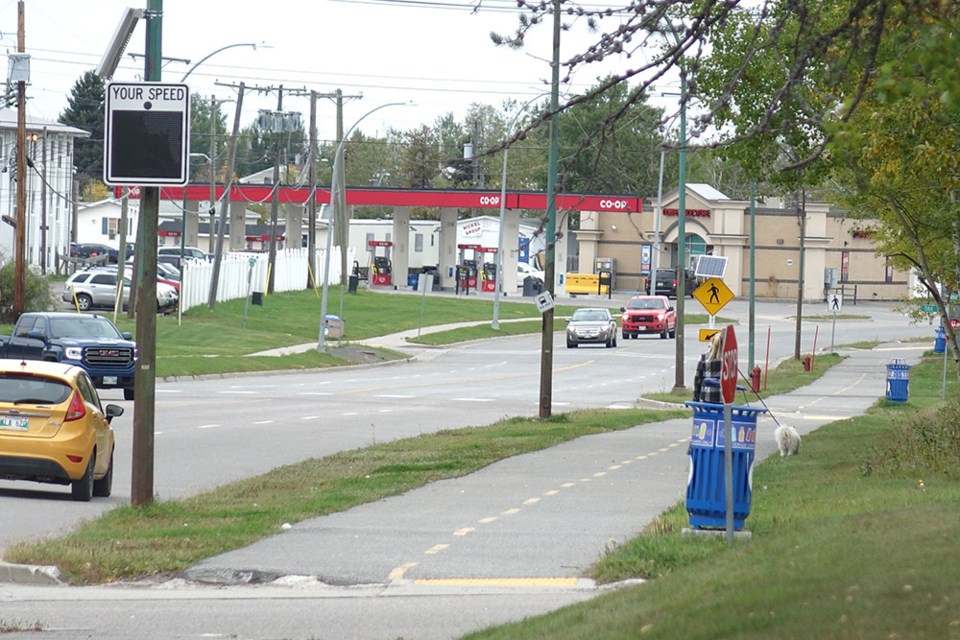The City of Thompson plans to resurface 3.55 kilometres of local roads this construction season during the first year of a five-year road renewal plan being paid for mostly with federal and provincial funding.
Roadwork planned for this summer includes milling and overlaying a new surface on all or parts of Nelson Road, Beaver Crescent, Elk Bay, Caribou Road, Lynx Crescent, Fox Bay, Silver Crescent, Nickel Road, Wolf Street and Coral Crescent, according to a memo from development and technical service director Lyle Safronetz.
The order in which roads are being done as part of the five-year, $40 million renewal plan that will repair about 20 km of city roads depends in part on which require simpler repairs and which are located in the same areas as planned water main renewal work. That work is part of a $48 million project to rehabilitate 13.8 km of water pipes and 3.3 km of sewer pipes in various areas of Thompson over five years. Thompson will pay a little less than $7 million for the roadwork and nearly $14 million for the water main renewals, with the remainder coming from the federal and provincial governments
“Water renewals would happen first and then the roads would happen after” in areas where both are going to be done, city manager Anthony McInnis said at the Feb. 7 committee of the whole meeting when a road renewal update was presented to council.
Coun. Earl Colbourne said that, based on the amount of road being repaired and the total budget, the cost of the repairs was about $2 million per km, which he felt was high.
“Our unit costs should come back lower due to the volume of work,” said McInnis. “As we achieve savings we can actually increase the amount of paving.”
A request for proposals for road design has already been sent out and should be awarded to one of the bidders by mid-March, said Safronetz’s memo. McInnis said five or six companies have already shown interest in submitting proposals and have asked the city questions about the work.
How much the city will have to pay out of its own pocket for the work done this year won’t be known until the designs are done and the actual roadwork itself tendered, said McInnis, who was asked if there was any benefit to tendering more than a single year’s road repairs at the same time.
“If there’s too much risk then people are going to build that risk into their price,” McInnis replied.
All work on the road and water main renewal projects being paid for largely through the Investing in Canada Infrastructure Program must be completed by Oct. 31, 2027.




